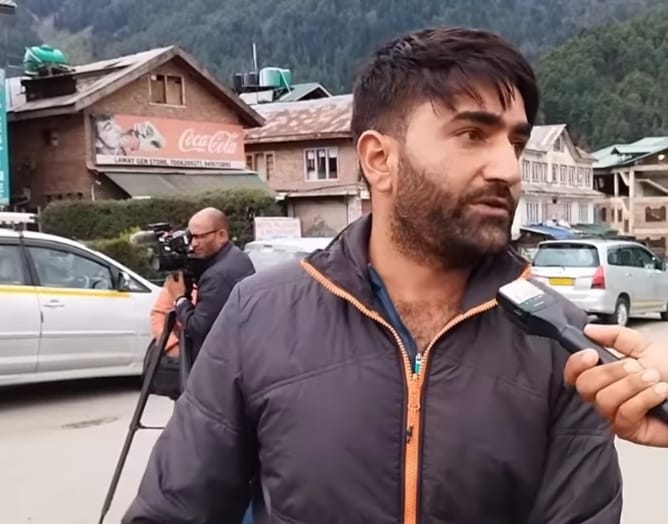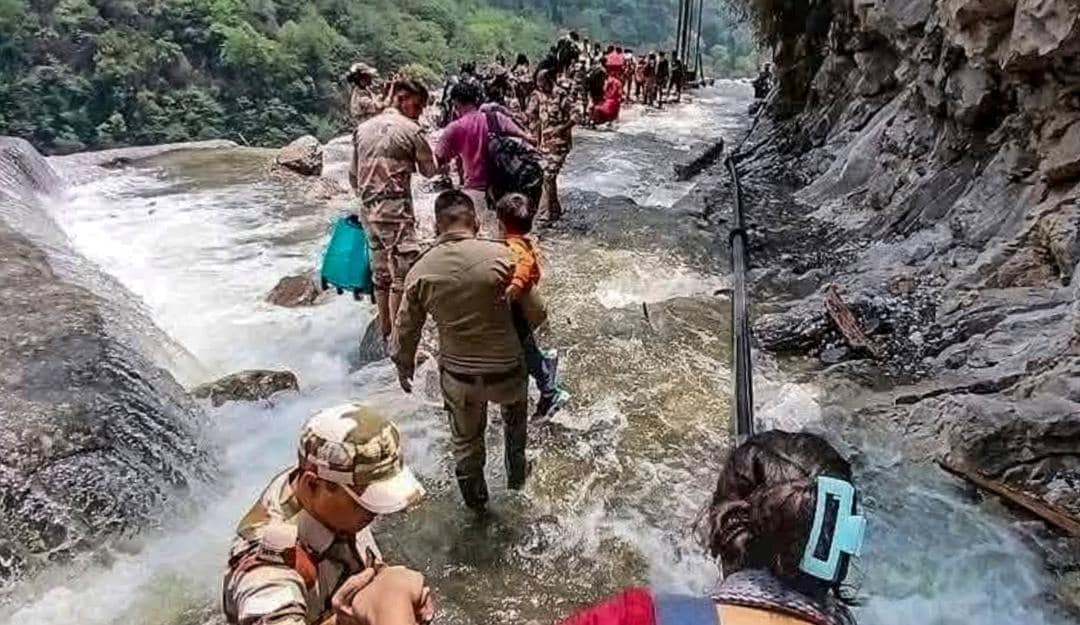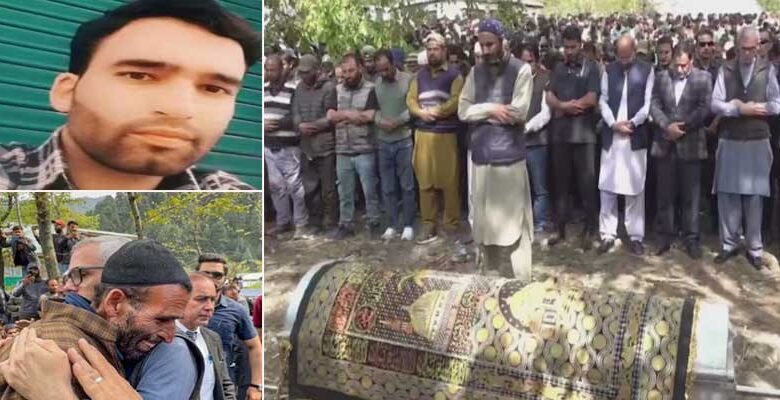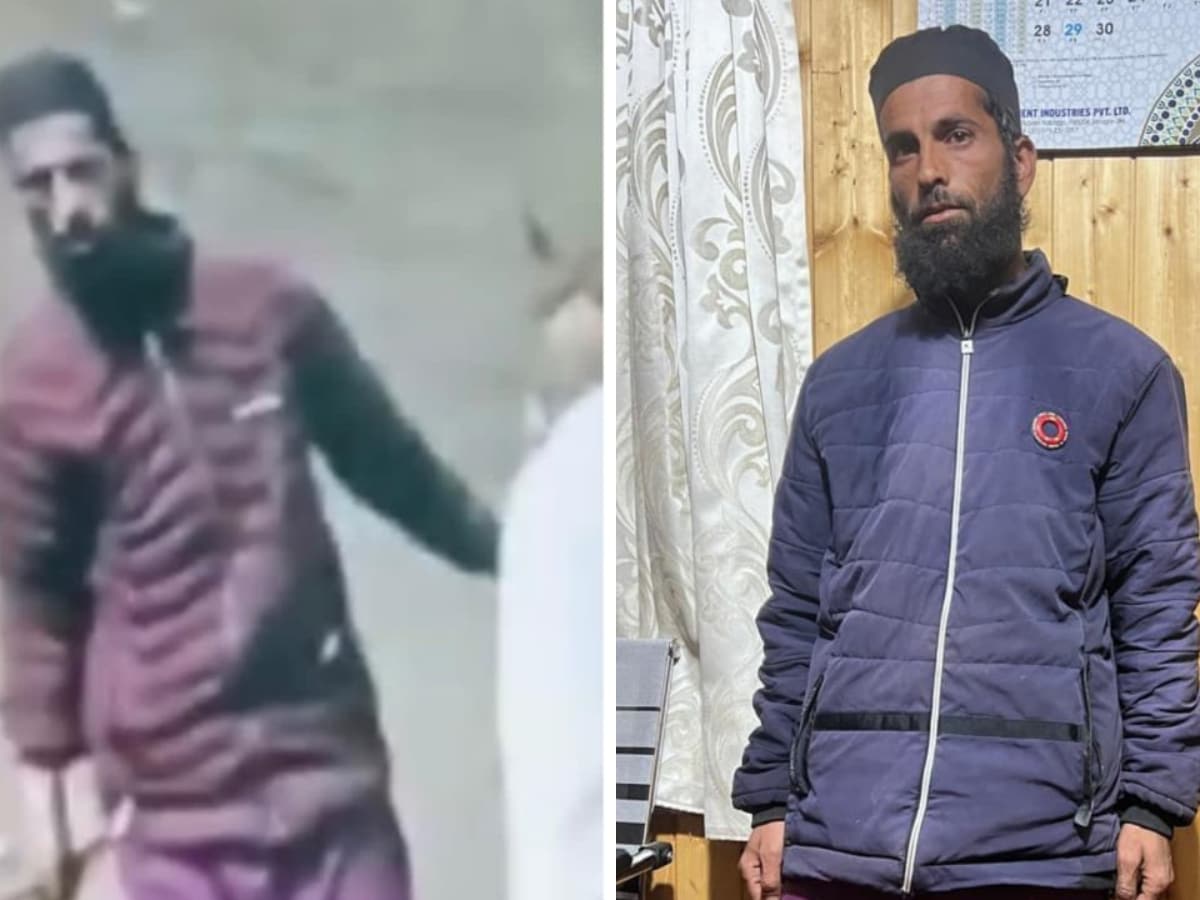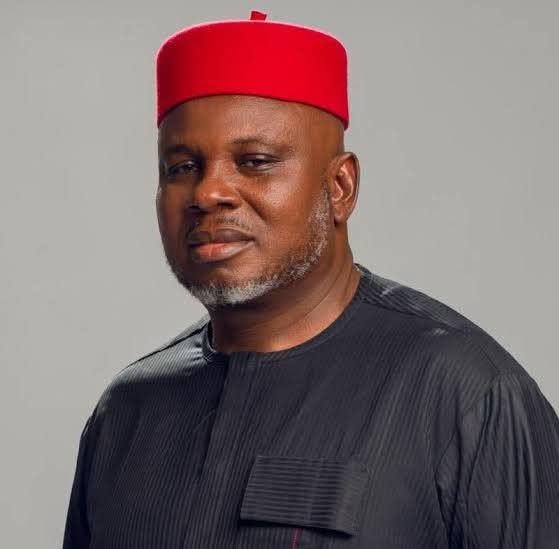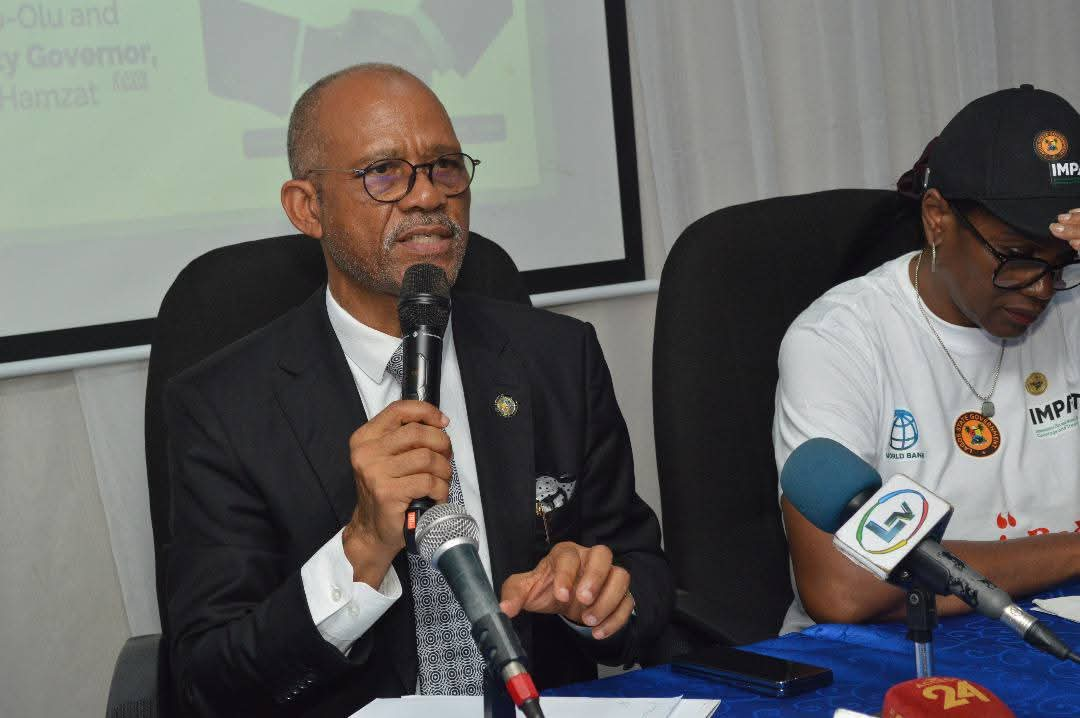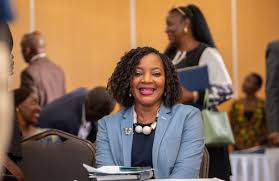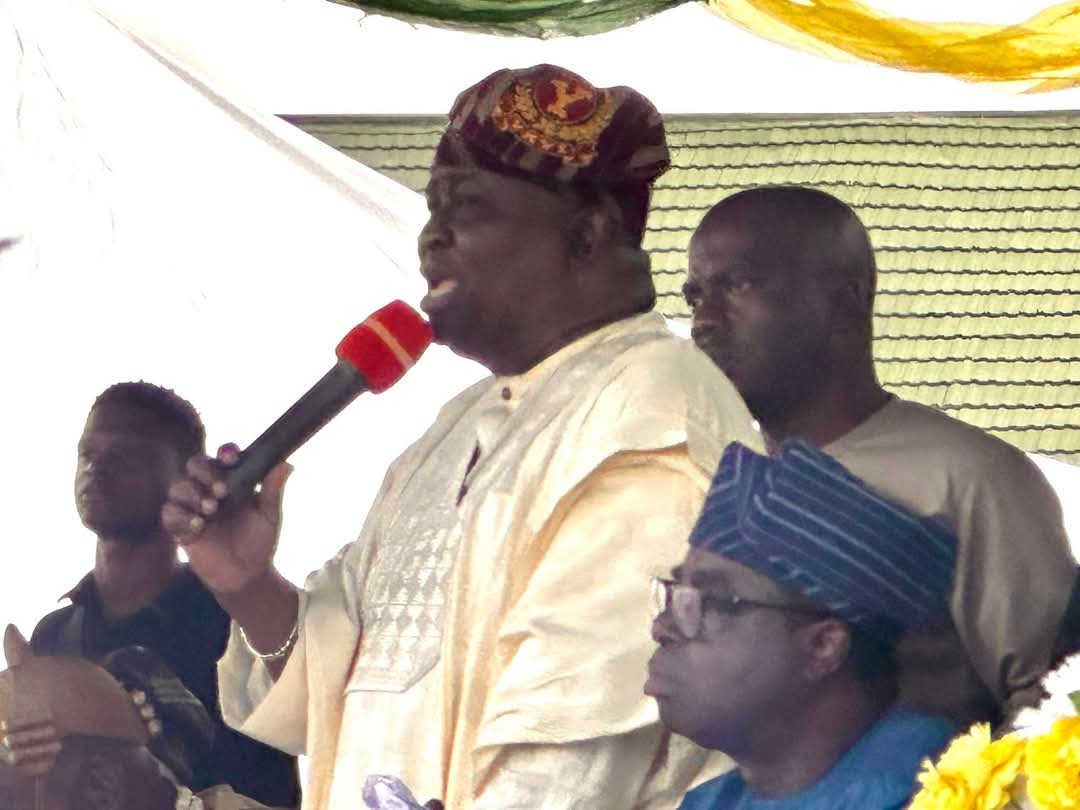Aadil Ahmad, a young man from Pahalgam, became a beacon of hope amidst the chaos. When gunshots rang out, sending waves of fear through the area, Aadil wasted no time in springing into action. Recognizing that conventional vehicles could not navigate the rough terrain of Pahalgam’s hilly landscape, Aadil swiftly took his All-Terrain Vehicle (ATV) and started rescuing stranded tourists. As panic ensued, many tourists found themselves trapped, unable to escape the chaotic scene.
Without waiting for instructions, Aadil used his ATV to transport families, especially women and children, to safety. “I acted on instinct,” Aadil reflected. “Tourists come to Kashmir to experience its beauty, not to face terror. It is our duty as locals to protect them and remind them that this land is for love and humanity, not violence.” Aadil’s actions were crucial in getting people to motorable areas where ambulances could take the injured to the hospital.
Despite the personal risk involved and the financial investment of Rs. 8 lakh in his ATV, Aadil emphasized that saving lives was more important than letting his vehicle sit idle. He also called on the government to take stronger action to promote tourism and restore peace, ensuring that such tragic events do not cripple the tourism sector or instill fear in both locals and visitors.
Meanwhile, Waheed Ahmad, President of the Ponywalas Association, emerged as another local hero. When news of the tragedy in Bairsan reached him, Waheed was quick to mobilize a team of ponywalas to help rescue the injured. Receiving a call from the police at 2:35 pm, he immediately headed towards the scene, arriving 15 minutes before the authorities. What he encountered was utter chaos—tourists injured, others in shock, and cries for help echoing through the rugged terrain.
Waheed did not hesitate. He sent an urgent call to his fellow ponywalas, urging them to bring their ponies and manpower to the site. As the first to reach Bairsan Park, Waheed worked tirelessly to provide water and reassurance to the injured, while others began transporting the most critically wounded to nearby hospitals. “There were dozens of women crying for help, trying to save their husbands,” Waheed recalled. “It was heartbreaking to see so many injured, and many had already passed away.”
Thanks to Waheed’s leadership and the efforts of the ponywalas, at least 13 critically injured tourists were successfully transported to medical teams waiting for treatment. In total, about 300 tourists were in the vicinity, and Waheed’s team ensured that they were safely guided to more secure areas.
The brave actions of both Aadil and Waheed, along with the support of their fellow locals, have been praised by both residents and officials alike. “In moments like this, we cannot afford to wait for instructions. We must act,” Waheed said, proud of the swift response from his fellow ponywalas.
These courageous actions serve as a reminder of the resilience and community spirit that thrives in Kashmir, even in the face of tragedy. As the region continues to heal from the devastating incident, the actions of Aadil and Waheed stand as shining examples of humanity, bravery, and selflessness.

